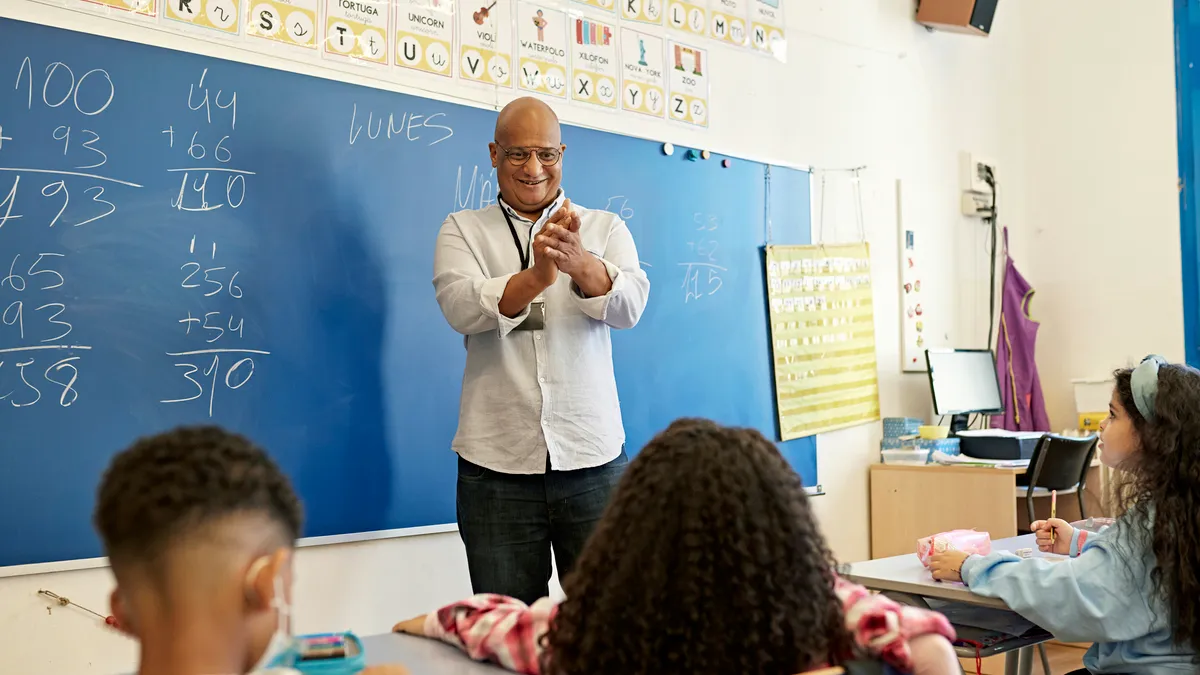School systems can strengthen social-emotional wellness in students with and without disabilities by promoting a sense of belonging that helps students feel appreciated, accepted and needed, said speakers at a virtual session of the U.S. Office of Special Education Programs’ Leadership and Project Directors’ Conference on Tuesday.
"Students not only need good instruction, they need to feel like they belong," said Tessie Bailey, director of the PROGRESS Center, a technical assistance center that helps districts provide high-quality programs for students with disabilities.
The PROGRESS Center, which stands for Promoting Rigorous Outcomes and Growth by Redesigning Educational Services for Students With Disabilities Center, is funded by OSEP and housed at the American Institutes for Research.
"Belonging is experienced when students are present, invited, welcomed, known, accepted, involved, supported, heard, befriended, and needed," according to a resource cited by Kristin Liu, principal investigator at the TIES Center, an OSEP-funded technical assistance center located at the University of Minnesota focused on inclusive practices.
Kevallyn Drake, a special education teacher in Meridian, Idaho, said educators have the power to ensure all students with disabilities are included in the general education classroom and can participate at every level.
Approaches such as including students with disabilities in conversations, asking for their perspectives, and greeting students as they walk into the classroom can help them feel welcomed and wanted, Drake said.
"Educators are the ones who work directly with students and can have the largest impact on their education and overall emotional well-being in the classroom," she said.
When that work becomes challenging, Drake recommends seeking guidance from the PROGRESS Center and the TIES Center, as well as professional development opportunities.
Both the PROGRESS Center and the TIES Center have resources on belonging, including promoting peer relationships and educator discussion guides on fostering belonging.
The speakers said creating school environments that encourage a common message about the importance of belonging is not just the responsibility of a classroom teacher. Instead, they said, all K-12 educators and advocates need to take an active role.
"Promoting belonging requires an aligned coordinated effort at all levels of the system," said Bailey. "The messaging from leadership at the federal, state and local levels must present it as a priority for meeting the social, emotional and academic needs of students."












